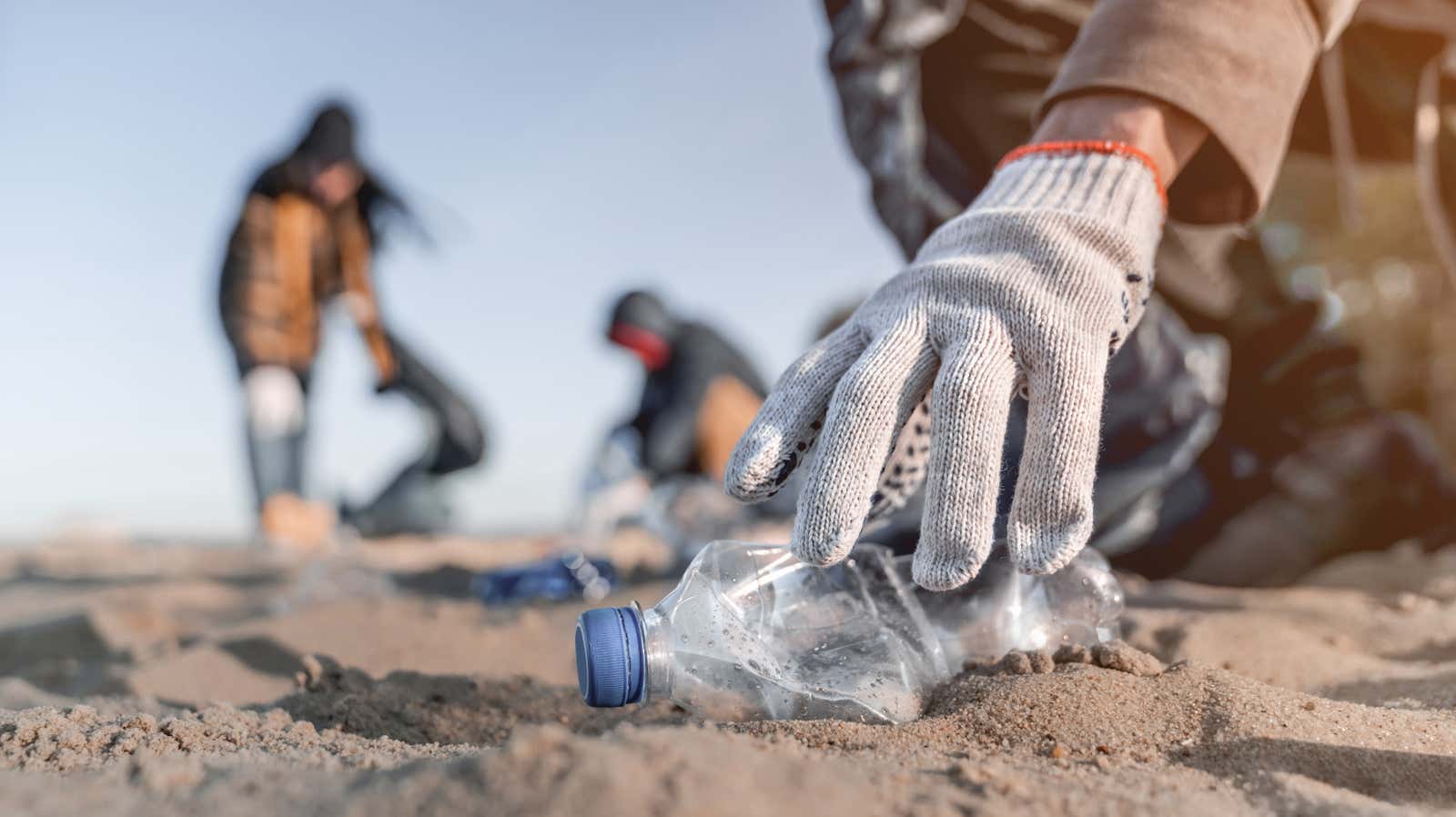What Not to Do When Volunteering Abroad

In the aftermath of a pandemic, there is likely to be an immediate need for volunteers to help rebuild sites around the world. Tourism has fallen sharply , and many countries whose economies depend on it will be in dire need of help.
While this is not a typical humanitarian disaster – such as an earthquake or hurricane destroying homes and destroying cities in Haiti – many Americans will continue to be forced to volunteer overseas to assist in recovery efforts from the pandemic. And while this tendency is extremely noble, there are some things you simply shouldn’t do if you choose to help.
Avoid social media photos
Much of today’s internet culture revolves around the performative aspects of social media – a culture that says “stop and take a picture” every few seconds. While traveling and living abroad, I often cringed at the tourists I saw doing what I consider to be no-no photographs. These are those posi images that give the impression that they are doing something for the greater good, but in reality, they are more concerned with getting the perfect shot to show their audience how humble they are. This also applied to photographing locals in a particularly impoverished area of the world that portrayed them in a negative light.
“You still see so many images that make [impoverished people] look passive and helpless, not empowered. People need to take time to think about the stories their [social media posts] are telling, ” suggests Adila Worley, CEO of CharityComms , a UK-based non-profit network.
If you are volunteering abroad and doing charity work, you shouldn’t have time to take a photo. If the locals want to take a photo, find a way to let them know that you’re just here to help, and that’s it. Or take a picture and keep it to yourself. Don’t share them on social media unless sharing these photos directly helps your work.
Leave your complaints at home
Volunteering abroad is not pretty. The job can be tricky. However, you must remember that the people you volunteer to help really need it. Complaining – even if the job really sucks – shows a lack of gratitude. You will only do more harm by exercising your privilege in this way.
Your intention to become a volunteer should include complete information about where you are going and who you will help. The country you are traveling to:
- It may be too hot or too cold
- There may be insects or flies all over the place
- Can’t be clean
- There may be a smell you are not used to
These things may bother you, but don’t let them color your mood or influence the way you view the place and its people. Your volunteer mindset matters. As Jamie Crowe, director of Habitat Construction for Humanity in Waco, Texas, says:
Basically, I love it when volunteers are willing to do a good job and know that they are truly helping Habitat provide families with a decent place to live in their community.
Volunteering is about who you help, not yourself. If you don’t know how to adjust, you should probably take volunteering abroad off your wish list.
Get rid of the savior complex
You are not anyone’s volunteer hero. As humans, we are all entitled to the same things, even if some who are more privileged than most think they have an advantage because they have worked harder. It is not true. We are all one pandemic, one hurricane, one earthquake from being in a poverty-stricken county that has no home, income or access to quality education for granted.
Volunteering is not about being someone’s savior, because no one person is superior to another. We must acknowledge that if we can give and give, then it is our responsibility simply because it is right.
If you are traveling abroad as a volunteer simply because you want to feel better about doing good in the world, it might make sense to find another way to help. In fact, the form of help you provide may even do more harm than good:
- Foreign volunteers can deprive local residents of the opportunity to work and earn a living.
- Unskilled / untrained labor creates more work that the local community can fix later.
- You cannot help anyone if your efforts are short-term. Long-term commitments lead to true change.
Noel Sullivan, assistant professor of global health studies at Northwestern University, says , “Often times, communities really need help. But monetary or resource support or long-term collaboration with qualified professionals is often more beneficial than a short-term volunteer whose skills are poorly reflected in the context. ” None of this is intended to dissuade you from volunteering. Helping others in this way makes the world a more just world – and that should be your goal. Just remember, it’s not about you.